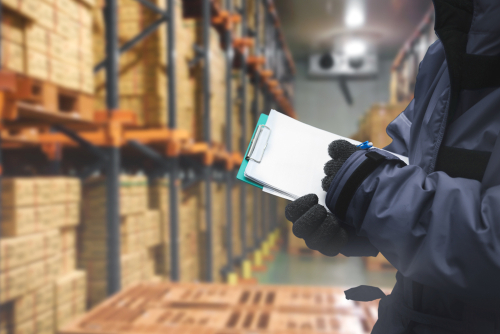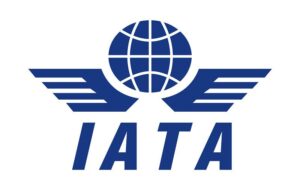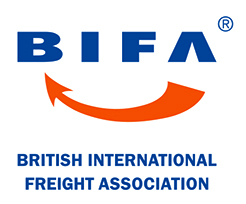In the past few years we have seen multiple disruptions to the global supply chain; Brexit, a worldwide pandemic and more recently the tragic conflicts in Ukraine. These most recent disturbances to global supply have brought on fears for food security with the Ukraine region being a critical source for many global commodities such as wheat and fertilisers.
Despite these ongoing concerns there are ways in which smart factory technologies can be optimised in order to reduce scarcity worries and implement innovative solutions in areas with more flexibility and control. Technology plays an important role in providing focus and accuracy in areas such as traceability which remains a critical factor within food logistics, specifically with regards to perishable items.
Here we look at the areas in which businesses and logistics services have some control over and can therefore do their part to maintain food availability and use technology to optimise supply chain management.
Reducing Food Waste
With global fears of food scarcity and import and export issues, reducing the risk of waste to food we do have access to is one way to garner control and help maintain consistent supply.
Many incidents of food waste are linked to flaws in the supply chain. IoT (Internet of Things) technology helps to identify these flaws via real time tracking and monitoring of critical controls such as temperatures. This data allows operators to respond swiftly to issues such as possible delivery delays, inclement weather or drastic temperature changes within containers etc.
Damage Control
No matter the lengths logistics companies go to in order to prevent damage to products or produce, damage will inevitably happen. It is hoped that the progression of AI technologies will help to prevent damages through visual inspection which means less time needed for human intervention.
Protecting Perishables
Data can assist logistics providers in keeping perishable goods fresh for longer by indicating optimised routes where necessary. Damage can also be prevented during delivery by analysing and interpreting data from multiple sources such as historical route data, real-time updates from IoT devices, and more.
This combination of technology and food logistics can help to optimise the food supply chain at a time when supply is unpredictable. Regional Express has developed an outstanding reputation within the food logistics sector. We have a long standing knowledge in Sea Freighting and we have been moving over 1000 TEU’s per annum of various foodstuffs to Africa from Europe, Middle East & Far East. The variety of food ranges from spices and rice to frozen chickens and has included numerous supplies to UN Humanitarian initiatives in various locations across the world. To find out more about this service head here: https://www.regionalexpress.co.uk/specialist-services/exporting-food/





